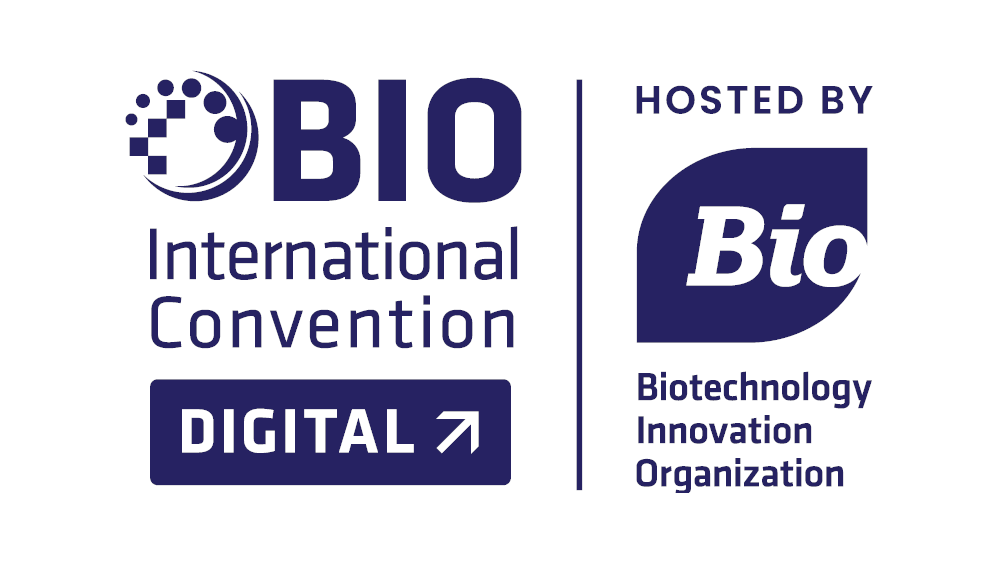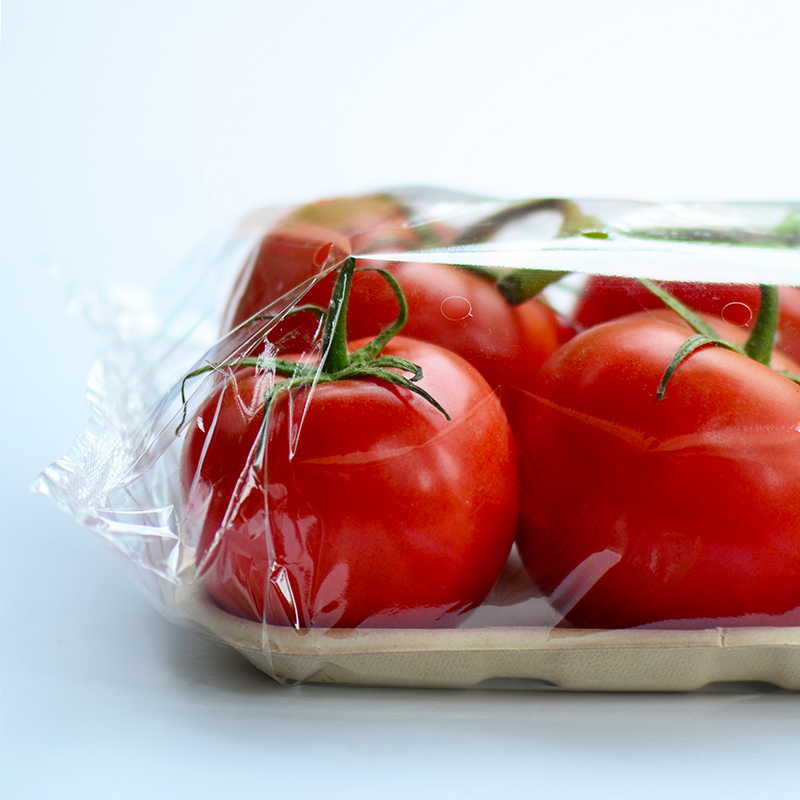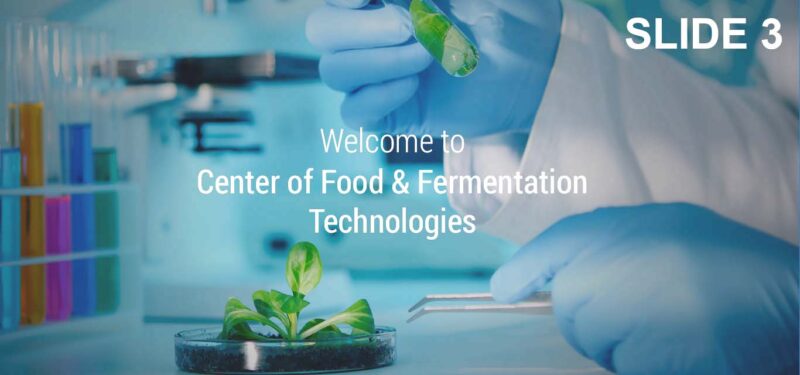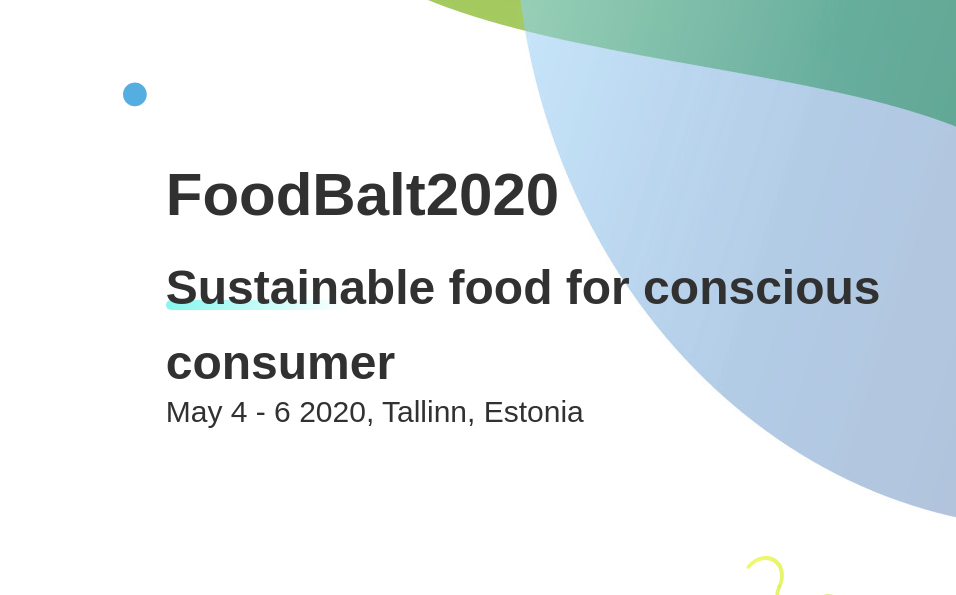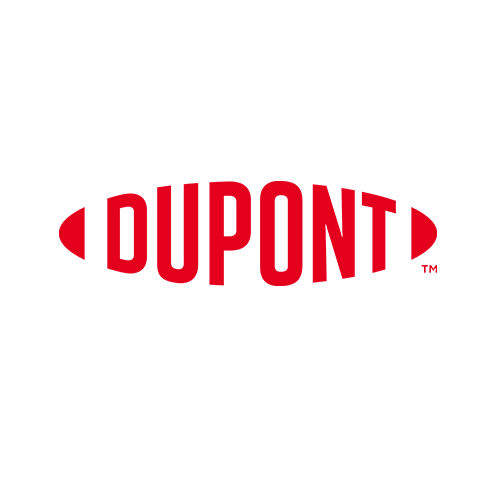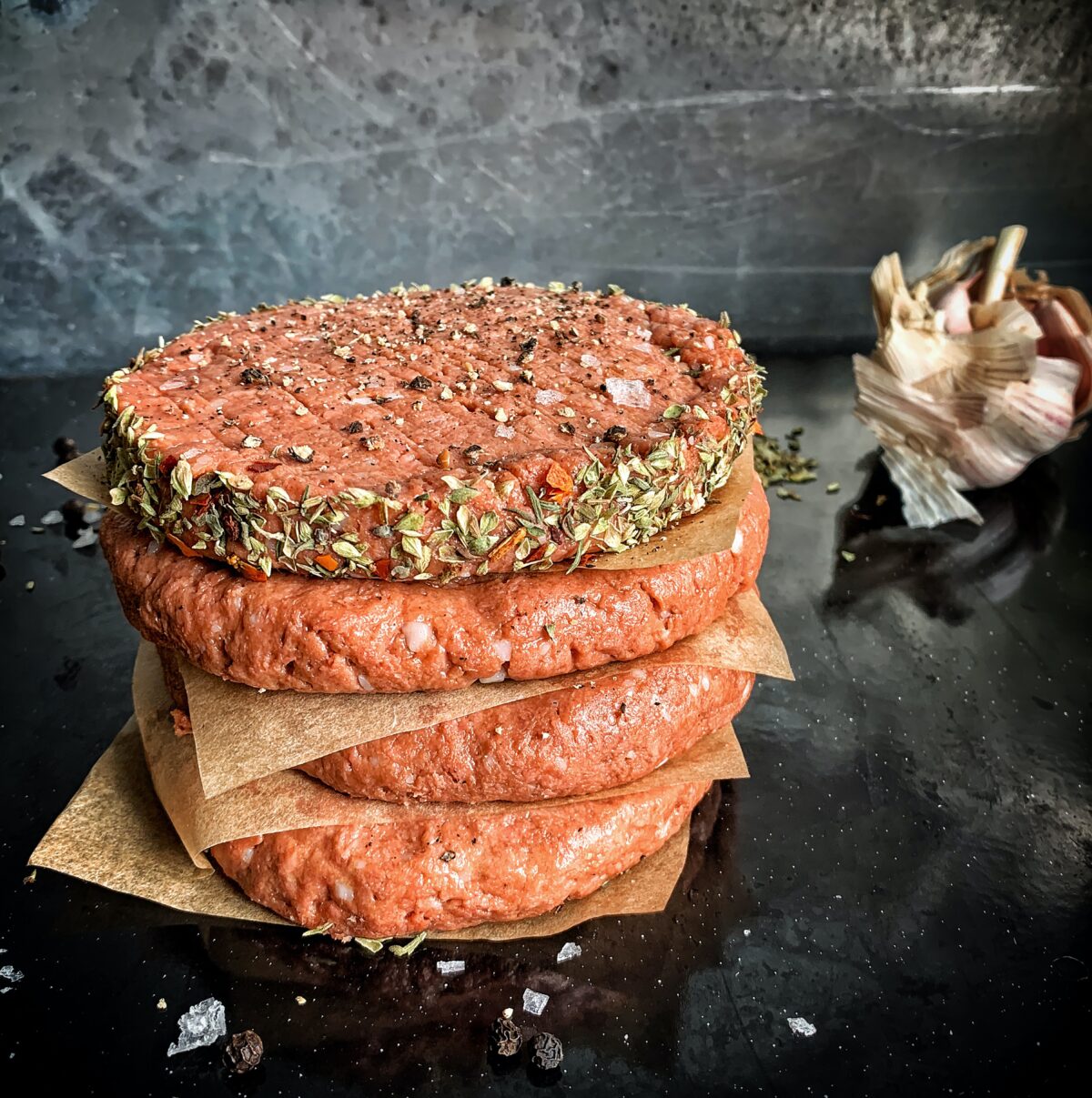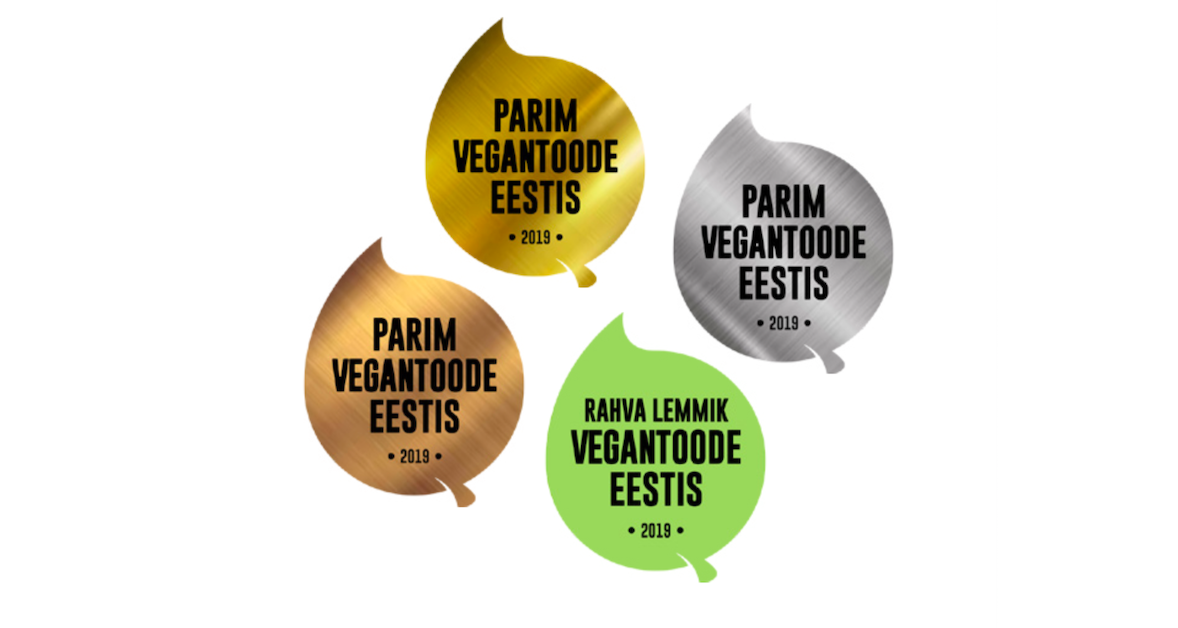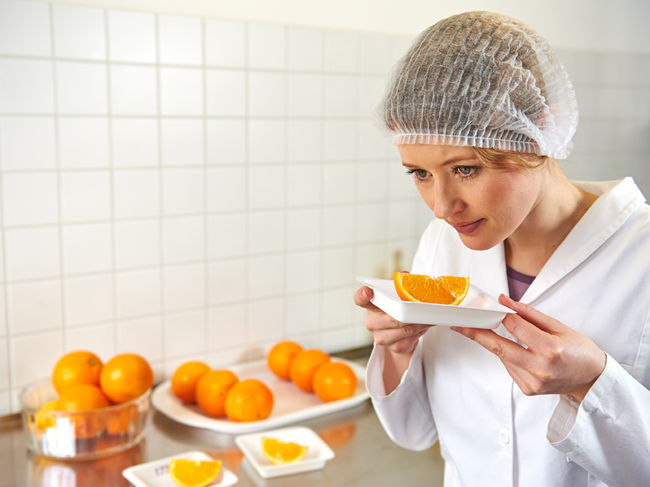TFTAK to Present at 2021 BIO Digital
Center of Food and Fermentation Technologies (TFTAK) announced today that it has been selected to deliver a company presentation at 2021 BIO Digital, the premier biotech event. BIO Digital is scheduled June 10-11 & 14-18, 2021.
Ranno Nahku, PhD Microbial Bioprocess Group Leader will present the TFTAK’s bioprocess optimization service and human gut microbiota model consortium for evaluation of dietary supplements. The presentation will be available to registered attendees at 9 am ET June 10.
Attendees at BIO Digital will be able to view TFTAK’s Company Presentation before live meetings in the BIO One-on-One Partnering™ system begin on June 14. To meet with us at BIO Digital, you can find registration information here.
About TFTAK
Center of Food and Fermentation Technologies (TFTAK) is an Estonian multidisciplinary CRO founded in 2004. TFTAK is focused on two main research areas: bioprocess optimization and food research. The organization harbors a wide range of expertise with more than 100 highly skilled personnel and specializes in the use of modern analytical methods, systems biology, and synthetic biology principles, aiming at the development and implementation of innovative food and fermentation technologies. Broad knowledge of microbial metabolism and fermentation enables us to provide an array of services through a comprehensive understanding of the molecular components. TFTAK combines bioinformatics with sophisticated instrumental analytical methods and a pilot-scale cultivation facility to find solutions to even the most complex questions and help our customers optimize the production of single strains or microbial consortia.
About BIO
BIO is the world’s largest advocacy organization representing biotechnology companies, academic institutions, state biotechnology centers and related organizations across the United States and in more than 30 other nations. BIO members are involved in the research and development of innovative healthcare, agricultural, industrial and environmental biotechnology products. BIO also produces the BIO International Convention, the world’s largest gathering of the biotechnology industry, along with industry-leading investor and partnering meetings held around the world. Subscribe to Good Day BIO.
In collaboration with Enterprise Estonia

